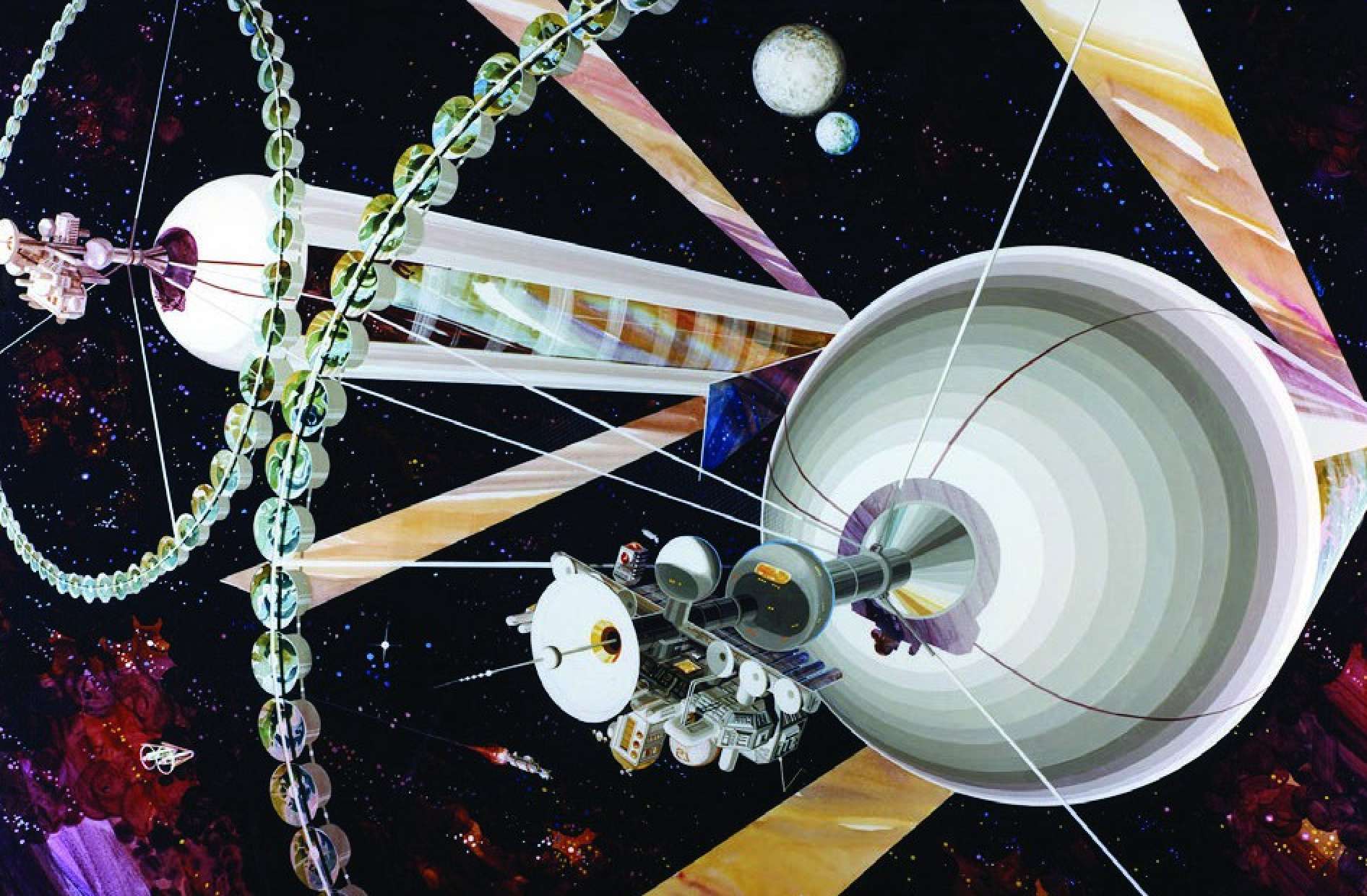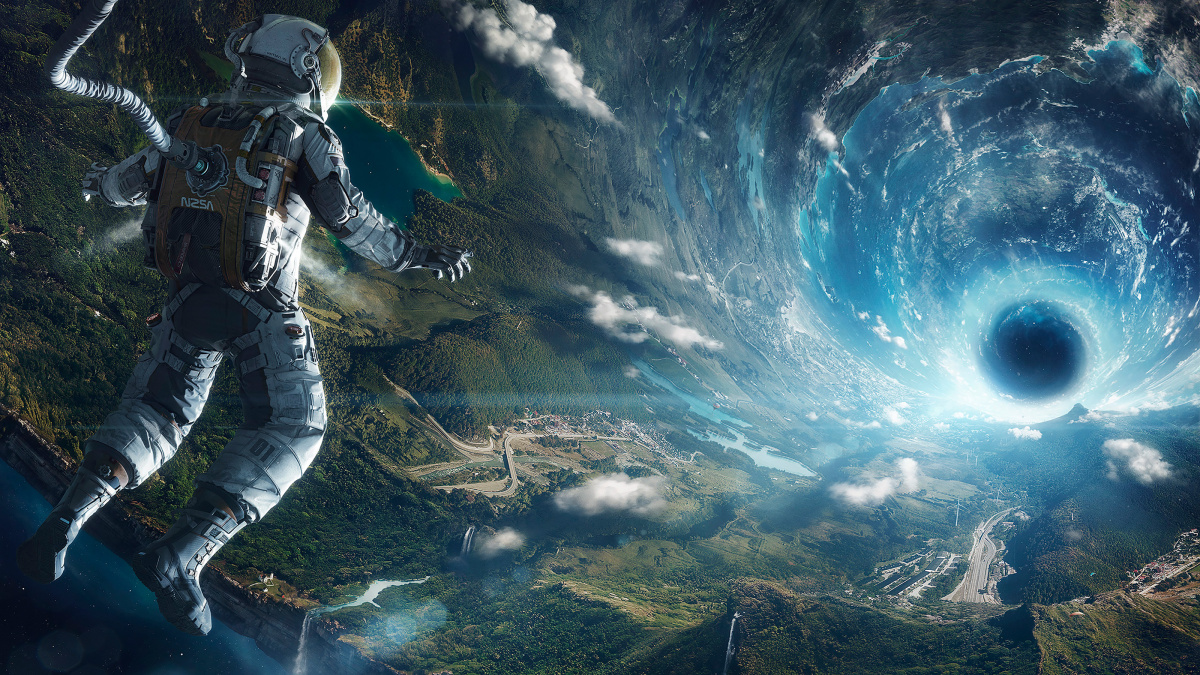General Discussion
Related: Editorials & Other Articles, Issue Forums, Alliance Forums, Region ForumsAstronauts Suffer Horrific Amount of Bone Loss, Study Finds
Link to tweet
The Daily Beast
@thedailybeast
·
Follow
As we enter the dawn of a new space age, however, there’s still little we understand about the impacts of long-term space travel on humans.
thedailybeast.com
Astronauts Suffer Horrific Amount of Bone Loss, Study Finds
In just six months, they experience decades worth of skeletal deterioration.
9:00 PM · Jul 1, 2022
https://www.thedailybeast.com/nasa-astronauts-on-the-space-station-suffer-horrific-amount-of-bone-loss-study-finds?ref=scroll
No paywall
https://archive.ph/frXgc
Space missions are set to take off in the coming decades. Not only is NASA planning to return to the moon with the Artemis missions, but the agency and a host of private space companies like SpaceX have their sights set on colonizing Mars. As we enter the dawn of a new space age, however, there’s still little we understand about the impacts of long-term space travel on humans. But some new research sheds light on how months of microgravity affect the body—and it doesn’t look good.
In a study published Thursday in Scientific Reports, University of Calgary researchers have found that astronauts who spent more than three months in space aboard the International Space Station (ISS) only partially recovered from extensive bone loss. While the phenomenon naturally occurs in humans on Earth, the loss appears to be more prominent when the body is exposed to microgravity. In fact, the study’s authors found that six months in space resulted in decades worth of bone deterioration.
“Understanding what happens to astronauts and how they recover is incredibly rare,” Leigh Gabel, an assistant professor of kinesiology and lead author of the study, said in a press release. “It lets us look at the processes happening in the body in such a short time frame. We would have to follow someone for decades on Earth to see the same amount of bone loss.”
The issue stems from the microgravity environment of space. One of the biggest factors behind bone health is weight. Like muscles, bones need weight and stressors to maintain their strength. Without them, they become weakened over time. If your body is too underweight, it can lead to serious bone issues including osteoporosis, a disease that causes your bones to become so brittle that even a coughing fit could result in broken ribs.
*snip*
former9thward
(32,082 posts)Why have humans involved?
msongs
(67,453 posts)human teeth evolved receiving heavy stimulation to the teeth sockets from eating a diet of highly chewy and tough foods, mostly vegetation and now we eat mostly soft and squishy stuff
A HERETIC I AM
(24,380 posts)equipped spacecraft.
I find it astonishing that most proposed craft for travel to Mars, for instance, are all just large Apollo style capsules.
Why the hell don't they put a toroid on one and give the people that have to spend a year or more in space a fighting chance? Why haven't they built one for the ISS?
Sure, there are technical challenges, but the first segment of the ISS went up in 1998, for fucks sake!
Silent3
(15,282 posts)While advance have been made over time, it's still very expensive to even get massive objects into low-earth orbit like the ISS. It's even more so to get massive objects up to escape velocity.
A toroid, as you suggest, has to have a really big diameter to be effective, and not likely to induce severe nausea and other problems: https://en.wikipedia.org/wiki/Artificial_gravity
NickB79
(19,274 posts)Very little mass required.
It never got off the ground, but they're now revisiting it.
https://gizmodo.com/nasa-considered-an-inflatable-donut-for-a-space-habitat-1737138377
anarch
(6,535 posts)not only to prolonged human existence in microgravity environments (if we had a non-kinetic artificial gravity technology based on manipulation of gravitational fields) but I think also for the possibility of apparently faster-than-light travel...but it's just a suspicion really
Hugin
(33,208 posts)Since manipulation of gravity itself seems to be currently in the realm of sci-fi.
How important is say, atmospheric pressure for maintaining skeletal structure since on Earth it imposes a constant around 15 psi on the entire surface of the human body. It becomes a force for a structure to work against. Which in turn keeps it from atrophy.
Maybe increasing the pressure inside of a low gravity structure could help.
Hugin
(33,208 posts)There’s several GrOPpers who seem to do just fine without one. Kevin Mc. comes to mind.
I believe NASA should start experimenting with these gelatinous blobs immediately. I seem to recall TFG advocating a mission to the Sun.
Jack-o-Lantern
(972 posts)Silent3
(15,282 posts)...and it gets even tougher to handle a mission to Mars.
Since we still don't know how to produce practical and effective radiation shielding, the best we can do is try cut the travel time down as much as possible. Astronauts eager to go to Mars will simply have to be willing to face the potential health consequences of significant radiation exposure, even with the fastest travel times we can currently hope to achieve any time soon.
dweller
(23,665 posts)
Was supposed to work …
🤔
✌🏻
A HERETIC I AM
(24,380 posts)but that particular design is enormous, compared to the ISS.
However, much, much larger designs have been proposed, but they are along the lines of space colonies, as opposed to a mere space station.
The "O'Neil Cylinder" concept is 4 miles in diameter and 10 miles long;


Gerard K O'Neil proposed mining the Moon for the materials needed to build such a structure. His proposals were all spelled out in his 1976 book "The High Frontier: Human Colonies in Space". He knew 47 years ago that we had the ability and the technology BACK THEN to undertake such projects, but this country and its government seemingly preferred to spend trillions on its military instead of the betterment of mankind.
summer_in_TX
(2,757 posts)"If your body is too underweight, it can lead to serious bone issues including osteoporosis, a disease that causes your bones to become so brittle that even a coughing fit could result in broken ribs."
Interestingly the bone density scans I've had show no osteoporosis. What does that tell you about me?
![]()
multigraincracker
(32,727 posts)Vitamin K2 and D3?
PortTack
(32,797 posts)Captain Zero
(6,827 posts)And his haircut doesn't help matters.
